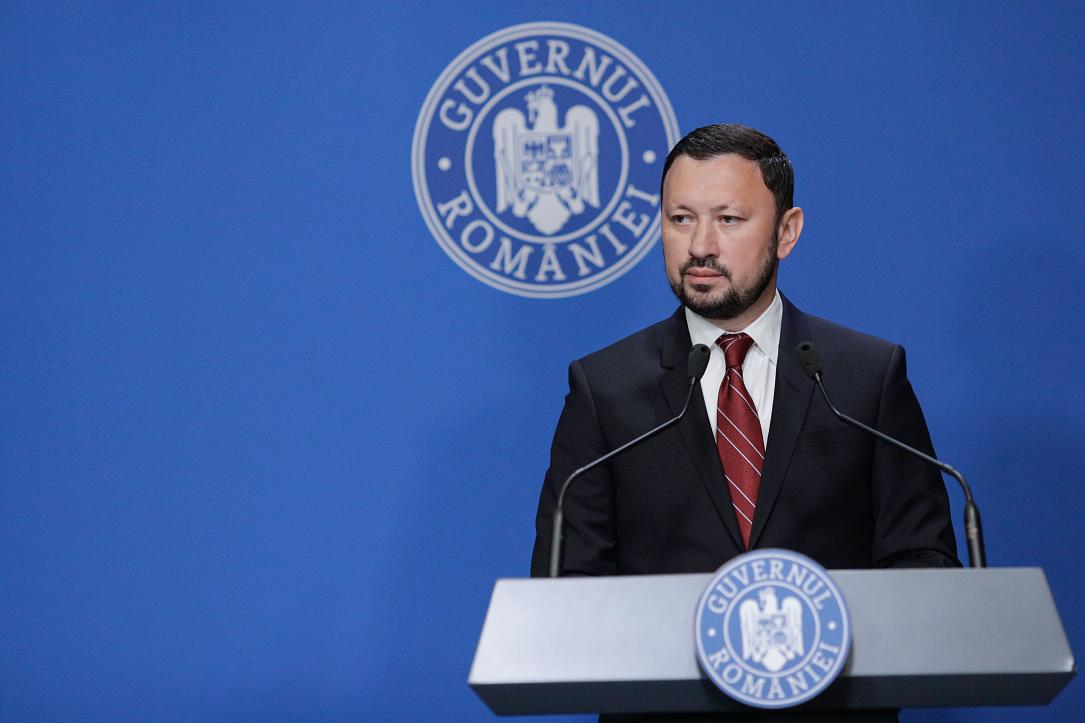Romania mishandles 3 million tons of biodegradable waste, minister says



Approximately 3 million tons of biodegradable waste are being deposited in landfills in Romania without being treated, said environment minister Mircea Fechet during an event related to the circular economy.
“This has an impact on the environment because, for one, the waste ends up being deposited as it was collected, without being treated and stabilized. Not to mention all the transportation costs and expenses for waste collection and sanitation companies,” Fechet said, cited by Digi24.
The minister also said that there is a need for a separate collection of biowaste from the urban environment and rural areas where individual composting is not possible.
Further on, according to Fechet, it is impossible to produce compost suitable for agriculture from mixed waste, including hazardous waste, WEEE (Waste Electrical and Electronic Equipment), bulbs, and batteries.
"Romania, on paper at least, seems to be doing well in this regard, both in terms of the quantity we consider we generate and how we handle this waste, but here is a whole chapter that should be managed separately," the minister explained.
Romania still needs to address the issue of WEEE, construction and demolition waste, biodegradable waste, and textile waste. "After we finish with the Deposit-Return System and after we consider the issue of recyclable waste in Romania or part of it solved, I believe the next thing we should focus on is WEEE, construction and demolition waste, biodegradable waste, and why not, textile waste," Mircea Fechet said.
The statements were made at the "Romania's Circular Economy: From Deposit-Return System to the Reuse and Recycling of Electronics and Industrial Materials" conference.
Last month, the minister insisted that the Deposit-Refund System, which rewards those who return empty plastic containers for recycling, begin on November 30.
(Photo source: Inquam Photos | George Calin)